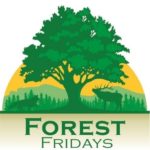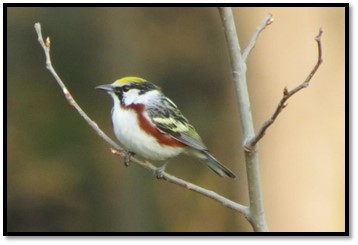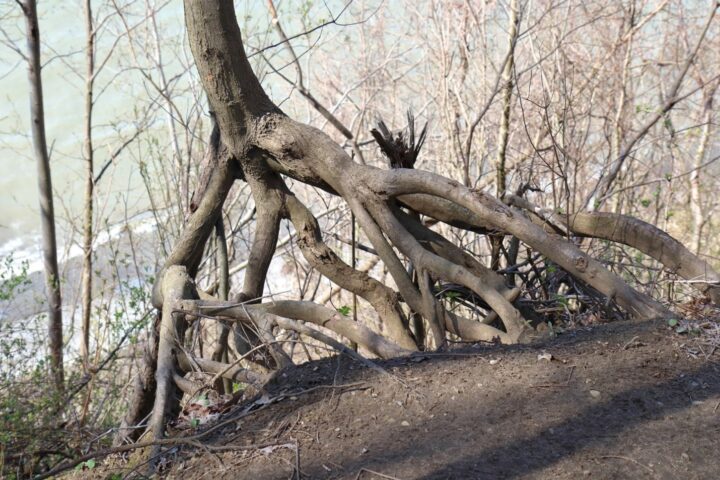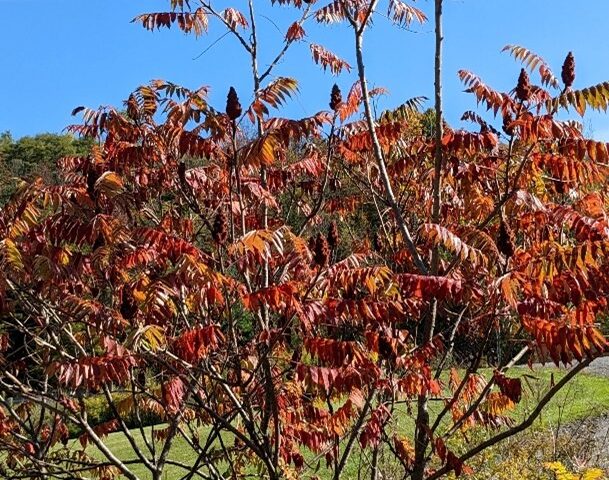
by: Vinny Curtis
Ever since it was required reading for a college class, I have read Aldo Leopold’s A Sand County Almanac and Sketches Here and There, at least once a year. Although I had to drag myself through the reading that first time, each year I read it I discover something new. A new passage seems to leap from the pages where I swore it wasn’t before, fitting in alongside something going on right then in my life that’s different from the previous year. I often find a new quote that seems to say what I’ve been trying to say, but just can’t find the words for.
Leopold championed a land ethic that brought people and land into one cohesive, biotic community that must work together, instead of two separate communities ever struggling to be on top–- a new idea in the field of resource management at the time. He suggested, “a thing is right when it tends to preserve the integrity, stability, and beauty of the biotic community” and “wrong when it tends otherwise.” He reinforced that “conservation is a state of harmony between men and land” and championed the creation and establishments of wilderness areas at a time of seemingly never-ending development, while at the same time warning that “all conservation of wildness is self-defeating, for to cherish we must see and fondle, and when enough have seen and fondled, there is no wilderness left to cherish.”
He painted a picture of beauty in nature, following the “red lanterns” in fall looking for grouse, and dreaming of the stories the rings of a tree could tell as the saw crosses each one – encouraging us all to keep steady notes on the when’s and why’s of nature and how it ebbs and flows over time.
If you ask anyone in a natural resources field, there’s a good chance that this book would be listed as a guiding light in their career. Leopold was able to address the fundamental questions of our relationship with the environment, questions that transcend time and elicit discussion still today. Seventy-five years after it was published posthumously in 1949, one can leaf through this book and gain an appreciation for our connection with the land, and what we can do to become a member of the community instead of a master over it.

Forest Fridays is a project of the Department of Conservation and Natural Resources, Bureau of Forestry.




